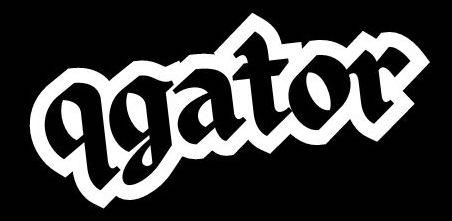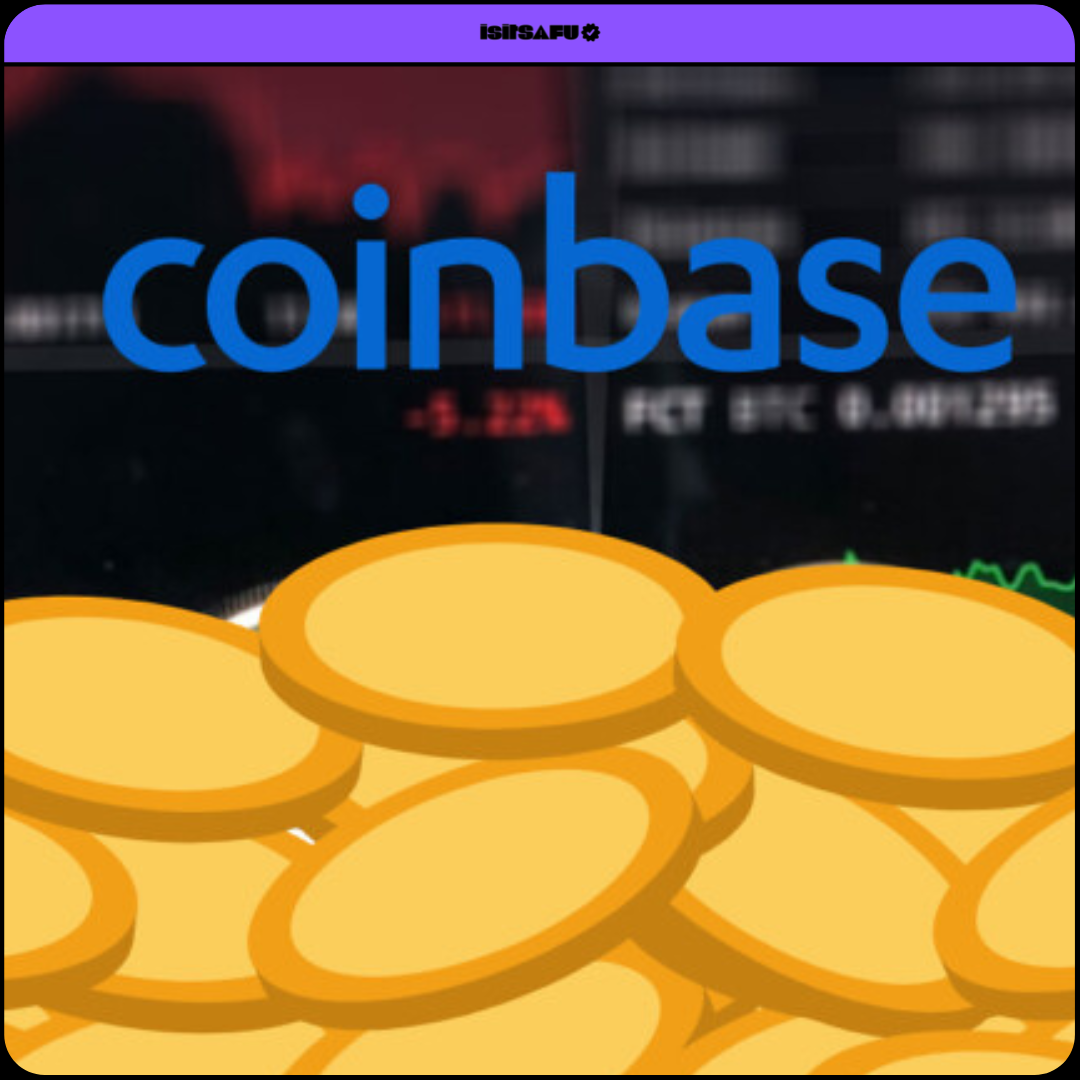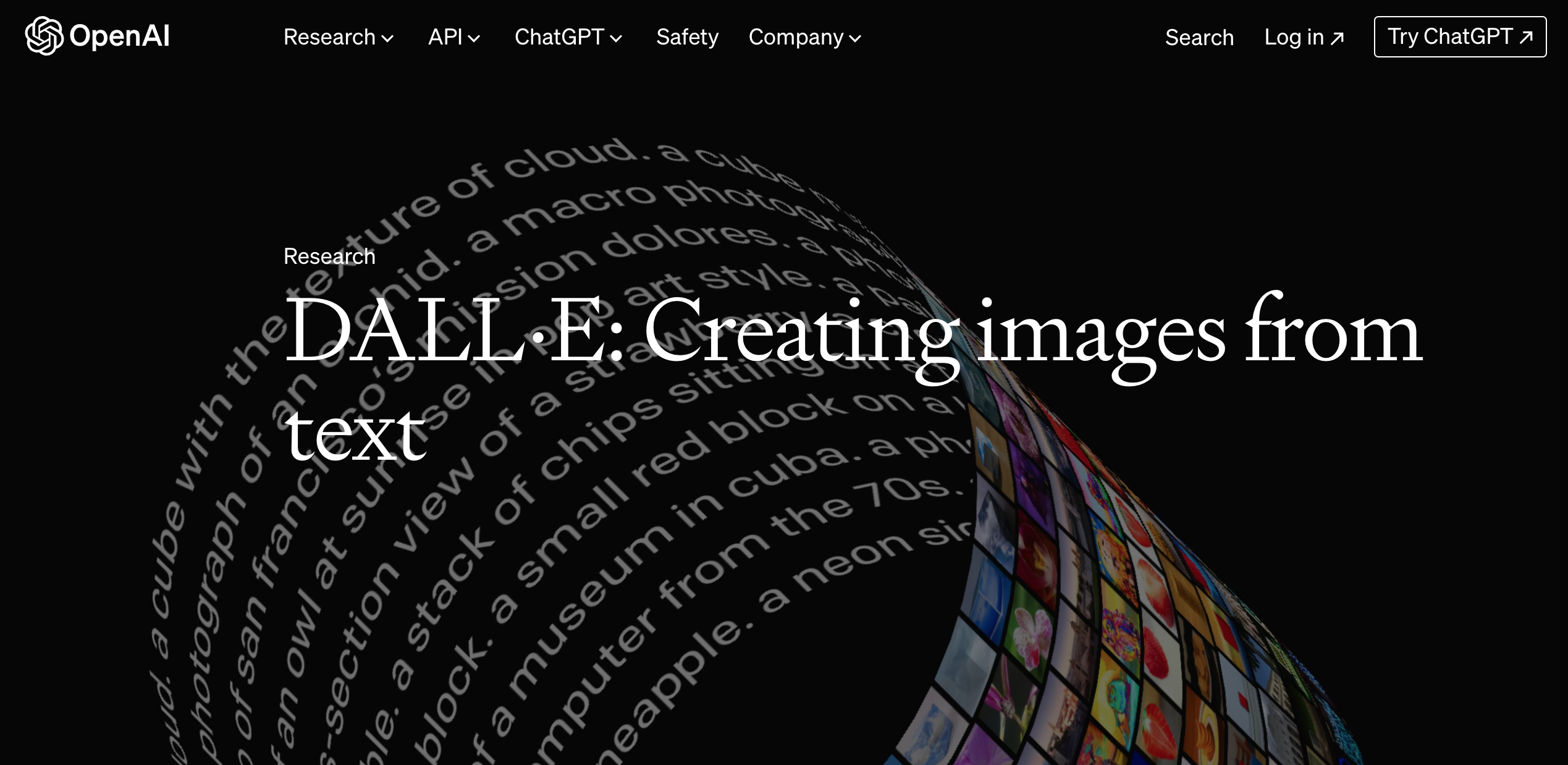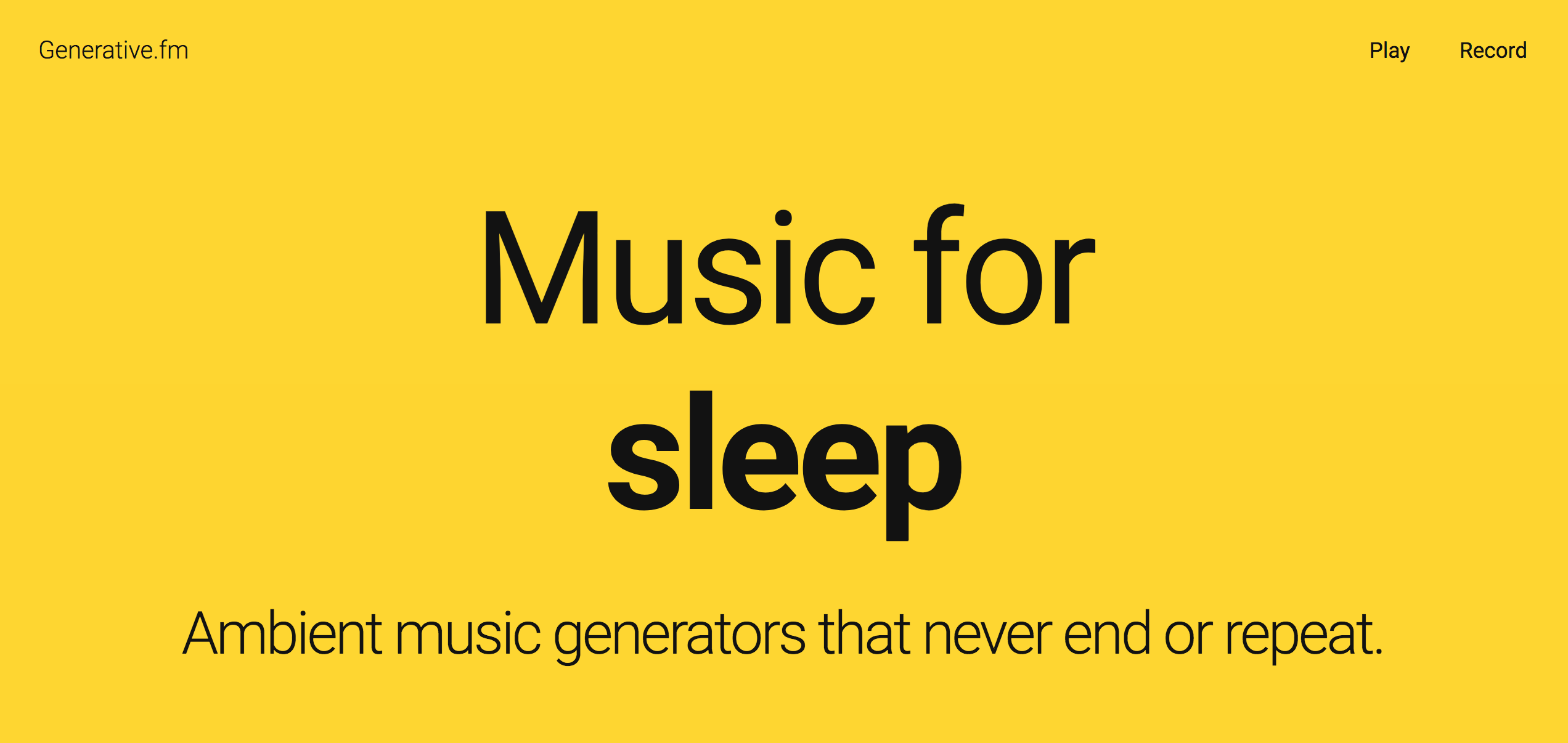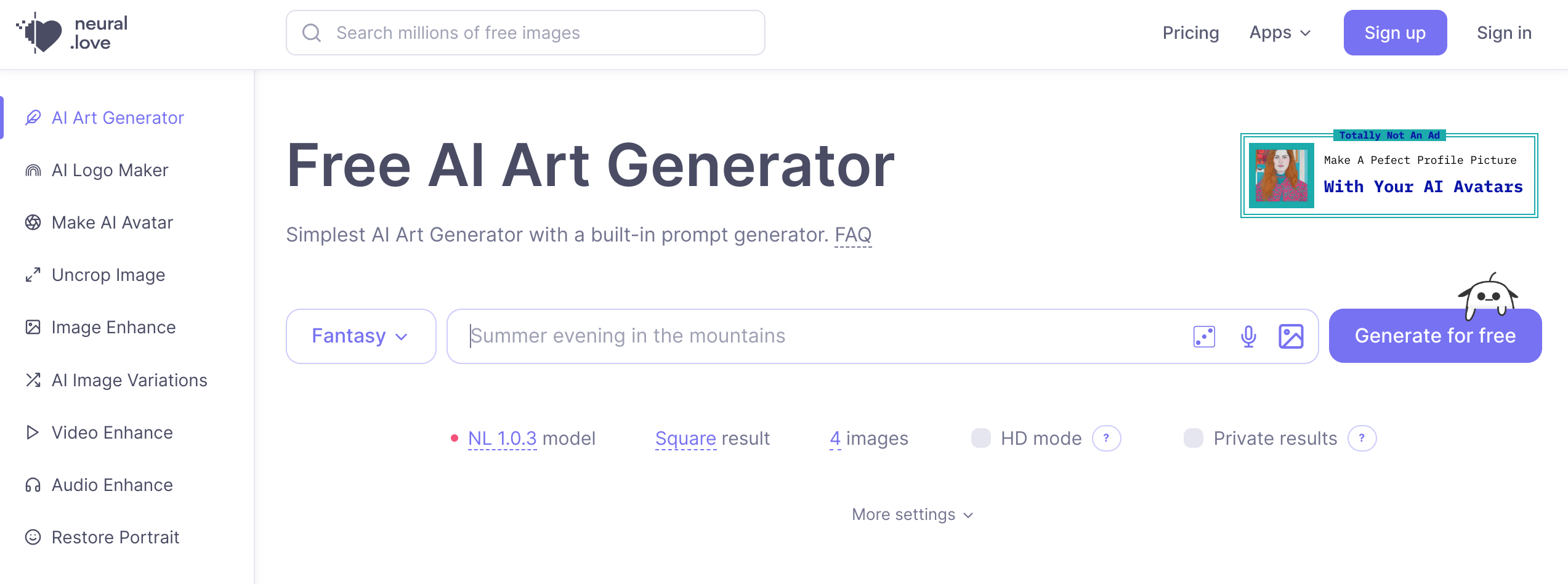Introduction:
Cryptocurrency trading has seen an explosive growth in the past decade. With a market capitalization of over $2 trillion, it’s no surprise that people are jumping on the bandwagon. But with so many exchanges popping up, how do you choose the right one? In this article, we’ll be comparing centralized and decentralized exchanges to help you decide which one is better.
Centralized exchanges: What are they?
Centralized exchanges are the most commonly used type of exchange. They are run by a central authority, which is responsible for managing user funds and trading pairs. Some examples of centralized exchanges include Binance, Coinbase, and Kraken.
Centralized exchanges offer a high level of liquidity, which means that users can buy and sell large amounts of cryptocurrency without affecting the market price. They also have a user-friendly interface and offer a wide range of trading pairs. However, centralized exchanges are vulnerable to hacks and security breaches.
Decentralized exchanges: What are they?
Decentralized exchanges (DEXs) are a new type of exchange that operate on a blockchain network. They allow users to trade cryptocurrencies without the need for a central authority. Some examples of DEXs include Uniswap, PancakeSwap, and SushiSwap.
DEXs offer a higher level of security and privacy, as users retain control of their funds. They are also resistant to hacks and security breaches, as they operate on a decentralized network. However, DEXs have lower liquidity than centralized exchanges, which can lead to higher trading fees and slippage.
Pros and Cons of Centralized Exchanges:
Pros:
- High level of liquidity
- User-friendly interface
- Wide range of trading pairs
- Faster transaction speeds
- Established reputation
Cons:
- Vulnerable to hacks and security breaches
- Centralized control over user funds
- Higher fees
- KYC requirements
Pros and Cons of Decentralized Exchanges:
Pros:
- Higher level of security and privacy
- No central authority
- Resistant to hacks and security breaches
- Lower fees for trading and withdrawing funds
Cons:
- Lower liquidity
- Higher trading fees and slippage
- Complicated user interface
- Limited trading pairs
Which is better?
The answer to this question depends on your personal preferences and trading goals. If you are looking for a high level of liquidity and a wide range of trading pairs, then a centralized exchange may be the better choice for you. Additionally, if you are new to cryptocurrency trading, a centralized exchange may be easier to use due to their user-friendly interfaces and established reputation.
However, if you are concerned about security and privacy and want to retain control over your funds, a decentralized exchange may be the better choice. DEXs are resistant to hacks and security breaches, and users retain control of their funds at all times. Additionally, DEXs offer lower fees for trading and withdrawing funds.
It’s important to note that DEXs are still a relatively new concept and may not have as many trading pairs or as much liquidity as centralized exchanges. However, the popularity of DEXs is growing, and more trading pairs and liquidity are being added all the time.
Ultimately, the decision of which type of exchange to use comes down to your personal preferences and trading goals. It’s important to do your research and carefully consider the pros and cons of each type of exchange before making a decision.
Conclusion:
Centralized exchanges and decentralized exchanges both have their pros and cons, and the decision of which one to use ultimately depends on your personal preferences and trading goals. If you prioritize high liquidity and a wide range of trading pairs, a centralized exchange may be the better choice. However, if you value security and privacy and want to retain control over your funds, a decentralized exchange may be the better choice. It’s important to do your research and carefully consider the pros and cons of each type of exchange before making a decision.
